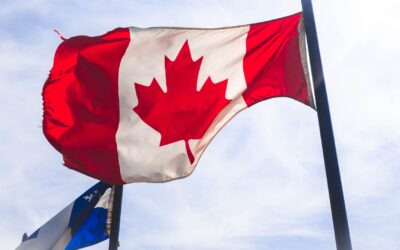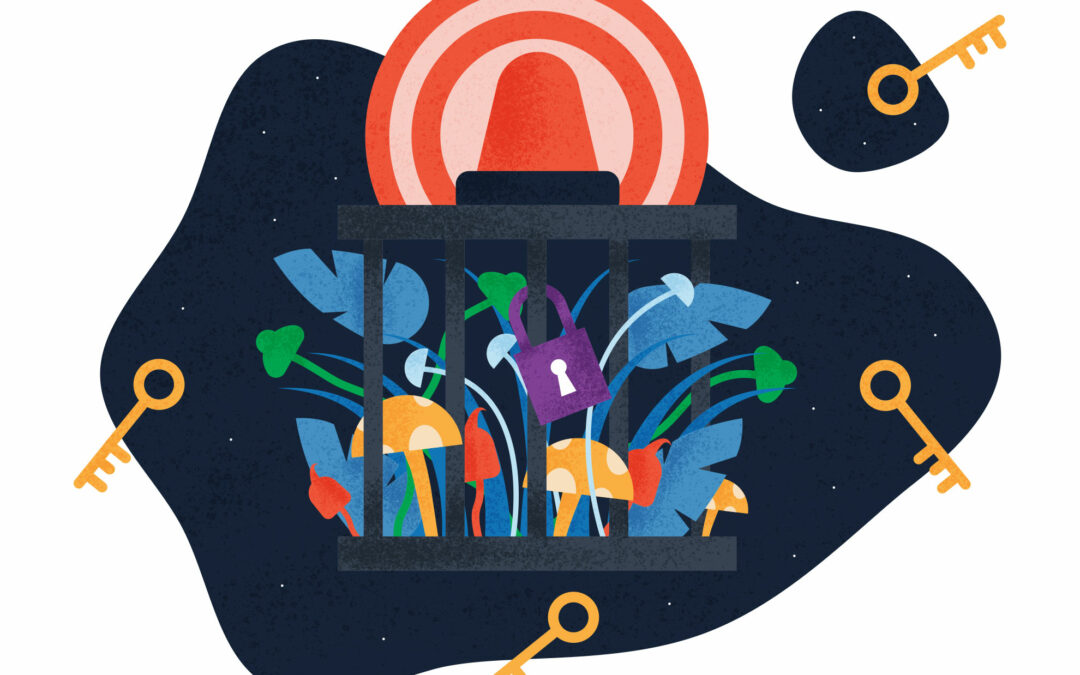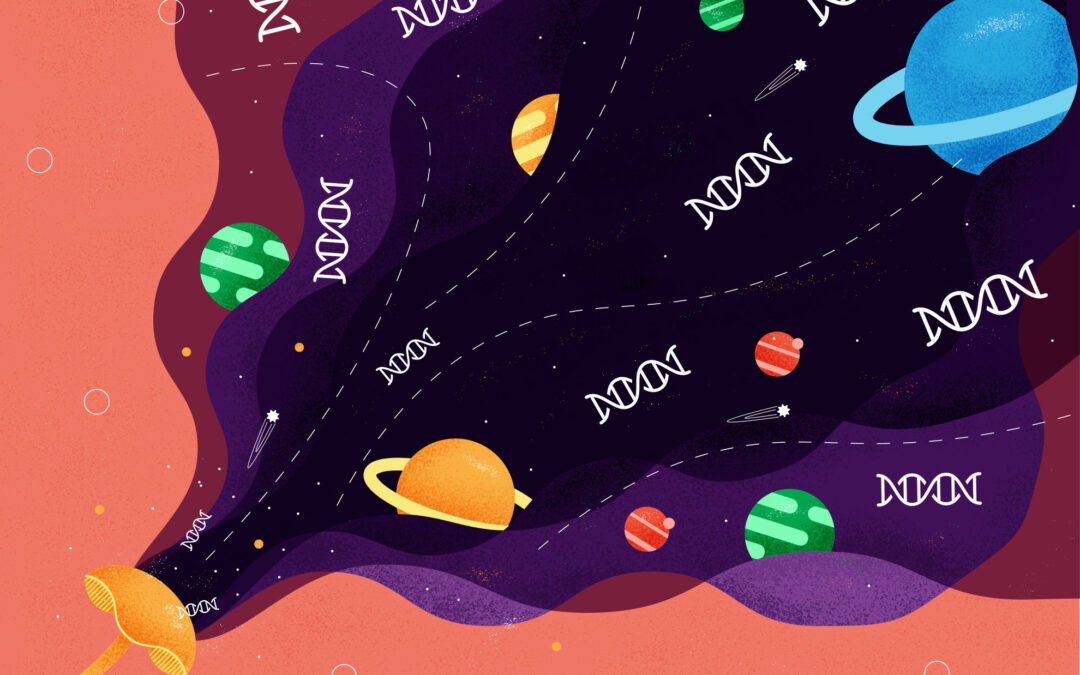No pain is the biggest gain of all for psilocybin user Alison Myrden
After receiving Canada’s first medical authorization for psilocybin in 2017, the drug-reform trailblazer is looking to follow cannabis’s lead
Alison Myrden is a drug-reform trailblazer, to be sure, but legal triumphs are far from her top priority. More than anything else, her 30-year battle to legally consume cannabis and psilocybin has been about controlling pain — her own, and that of others.
In 1994, the retired corrections officer became one of Canada’s first legal medical cannabis patients. Then, on April 7, 2017, Myrden made history again when she received the nation’s first medical authorization to consume psilocybin.
“For most of my life, 24 hours a day, I’ve been battling the most excruciating pain known to medicine,” Myrden says, referring to the bilateral trigeminal neuralgia in her face and head that’s associated with her chronic progressive multiple sclerosis. “That’s why I need something to stop this violent pain. I now take up to 50 milligrams of psilocybin a day” — in brownie form, along with more than 100 grams of cannabis in concentrates and joints — “and for the first time in 30 years I have no pain.”
While academic studies and media coverage have focused mainly on using psilocybin to treat depression, addiction and anxiety, “there’s much less awareness of the fact that people like me, and especially migraine sufferers, use it for pain relief,” Myrden, 53, continues.
Psilocybin effectively treats pain because it contains the psychoactive compound tryptamine, which evokes serotonin and dopamine release in the brain. This reduces inflammation and constricts blood vessels and, in turn, alleviates pain.
Another benefit, Myrden says, is that the psilocybin contained in so-called “magic mushrooms” is actually safer than all other recreational drugs. Indeed, of the 12,000-plus people who reported taking psilocybin in the 2017 Global Drug Survey, just 0.2 percent said they needed emergency medical treatment. This rate was at least five times lower than that for MDMA, LSD and cocaine.
This key point is just one aspect of the public awareness campaign Myrden is spearheading. “At this point, it’s all about educating the public,” she says. “The Canadian Medical Association also has to get up to speed with these kinds of things, because people are using them to feel better. That’s a powerful motivator. There are few formal studies on the pain-relieving effects of psilocybin, but there is a wealth of anecdotal evidence. The people who are safely consuming psilocybin to feel better are part of a living trial.”
Next up for Myrden
Obtaining Canada’s first-ever Section 56 exemption for psilocybin from the Controlled Drugs and Substances Act. This exemption, which is currently being sought by Toronto lawyer Paul Lewin and articling University of British Columbia student Farrell Miller, would basically allow Myrden to legally possess the drug. “This type of exemption is the same type that first allowed for the medical use of cannabis,” Miller explains. “Thus, (psilocybin) reform could follow a similar trajectory.”
Myrden, for her part, says she is “thrilled” with the progress the application is making. “I’m really pleased that it’s moving as quickly as it is, and that my doctor is so excited about the benefits.”
Ultimately, she adds, all Canadians have a right to be free from chronic pain. “Life, liberty and happiness are in our constitution, and if my life is at stake because I’m chronically ill, and I choose something like psilocybin to feel better, then that is my choice. Quite simply, in this country, we are entitled to consume anything licit or illicit in order to feel better.”
Written for Psillow by Adam Bisby, a Toronto-based freelance writer.
related content
Researchers study effects of psilocybin magic mushrooms on brain activity
Back in 2012, a few studies on psilocybin and the brain were published. In several studies, healthy volunteers underwent MRIs, finding that psilocybin reduced brain activity in specific areas. Psilocybin and Effects on the Brain The senior author of those 2012...
Letter to Health Canada Concerning the Special Access Program
To whom it may concern, As a Canadian abroad, I hold my citizenship as an asset above all others. Built on the promises of freedoms and rights that we enjoy, the safe passage and international collaboration that protects us abroad, the foundations on which our great...
Health Canada considers amending Special Access Program
Health Canada has decided to revise the terms of the Special Access Program (SAP) to allow patients with a serious or life-threatening condition to request access to MDMA and psilocybin assisted therapy. MAPS Canada supports this initiative and will be sending a...
1 Comment
Trackbacks/Pingbacks
- A comprehensive overview of psilocybin legality | Psillow - […] is also a clause in the Canadian Controlled Drugs and Substances Act (Section 56) which exempts substances from illegality…













In the good ole USA, fear reigns supreme, next to greed that is. The idea that a mature adult could possibly care for themselves naturally, without the supervision of a physician, adhereing to government standards, is a blasphemy to capitalism and the industrialization of medicine. People living in pain, similar to that described above, unremitting, now face the choice of pharmaceutical poison, cognitive behavioral therapy, or nothing. Those born estranged, for some reason, from society, are not filled with dread at the idea of breaking ludicrous laws, in the face of undying pain. Those are the people walking around smiling. They are free Americans. Perhaps they should quiet their smiles, lest others notice.